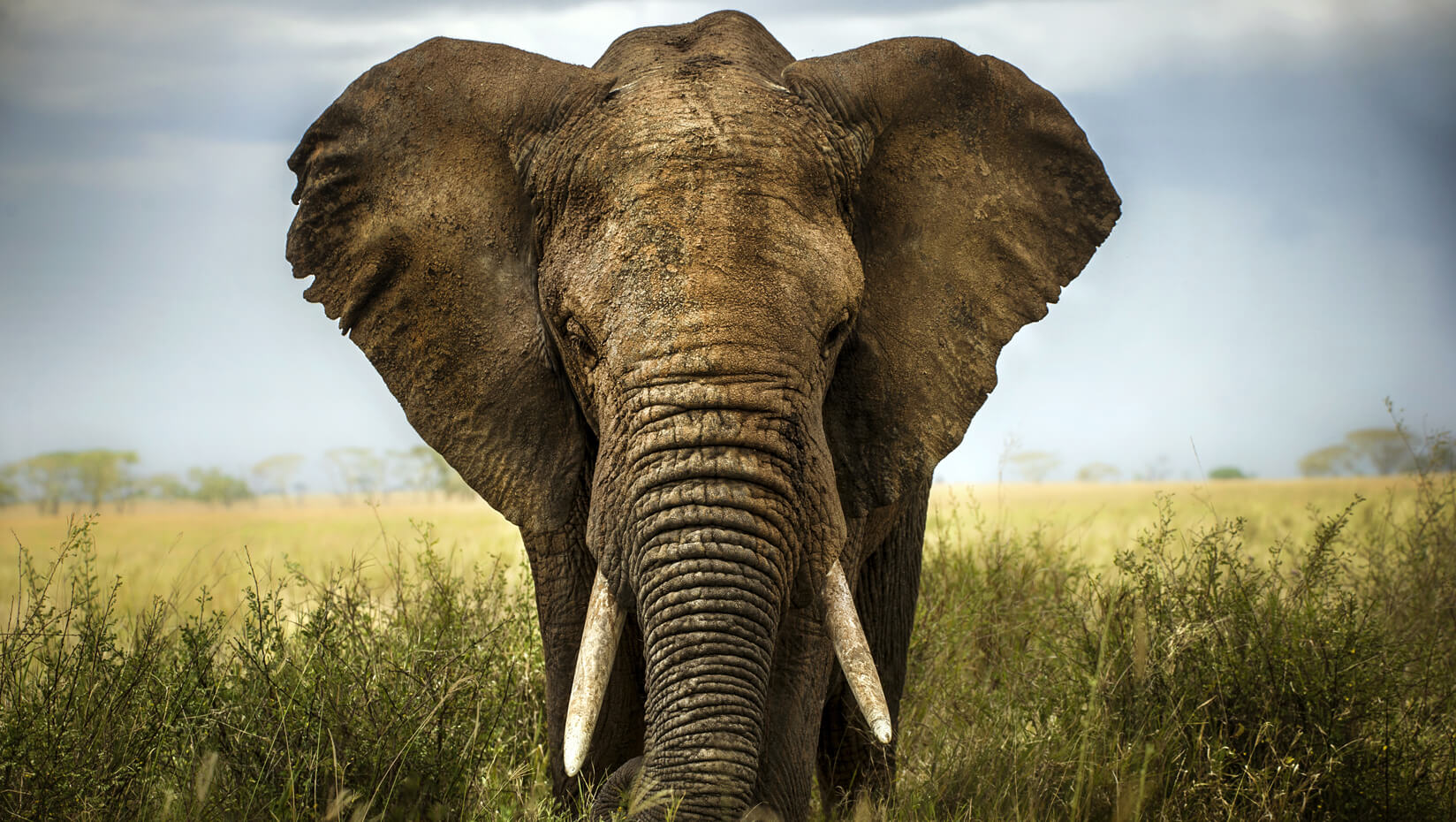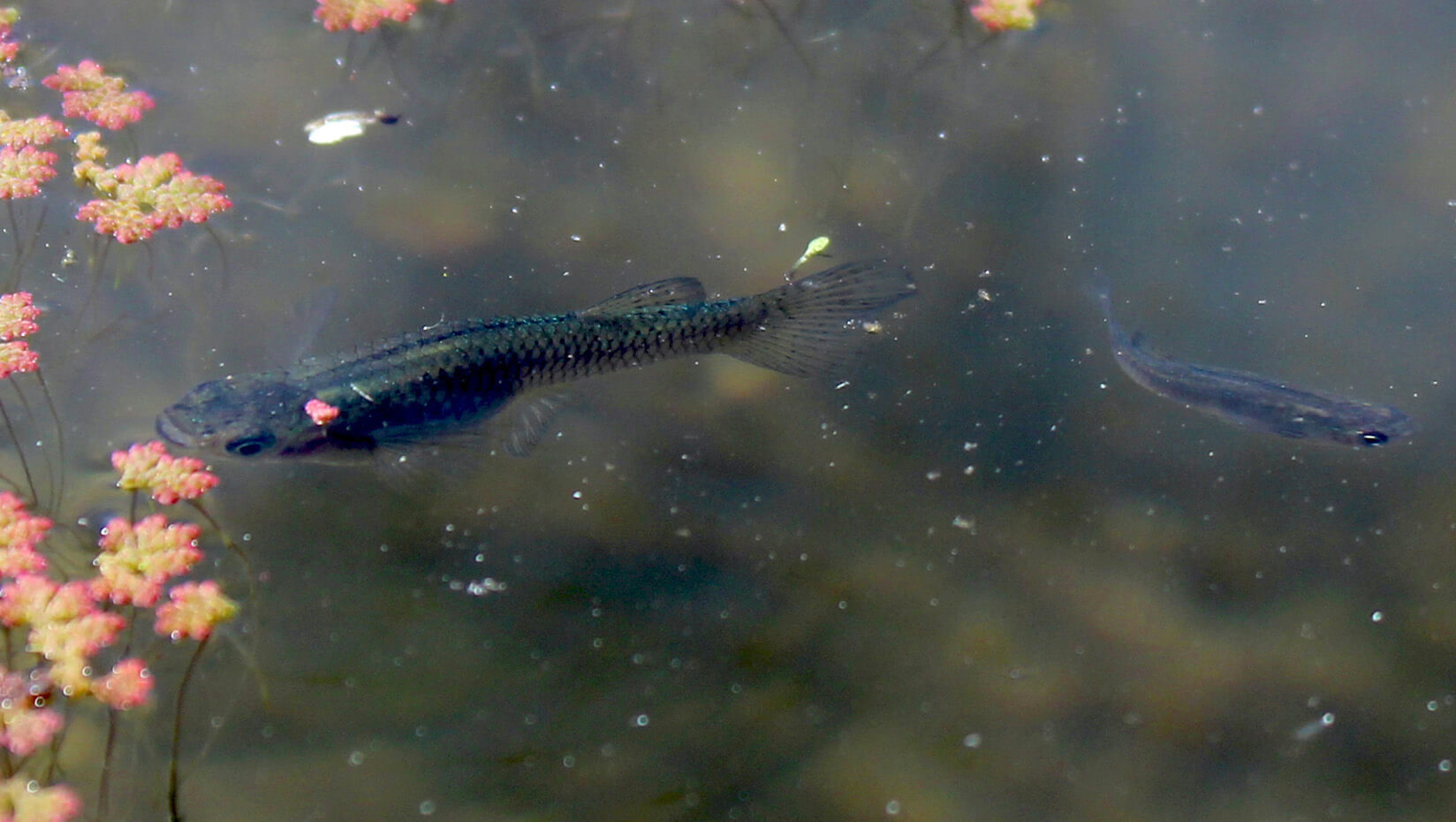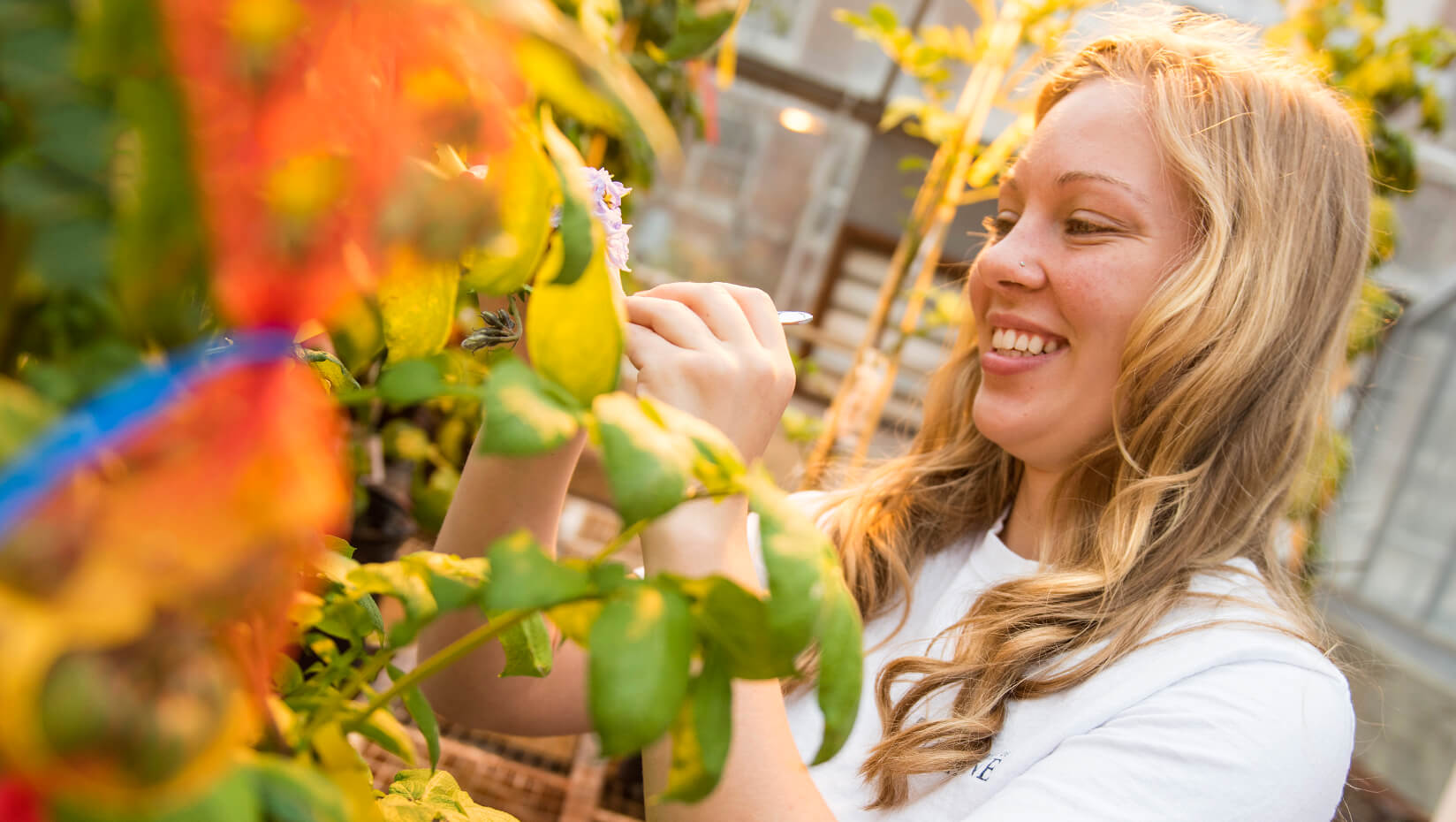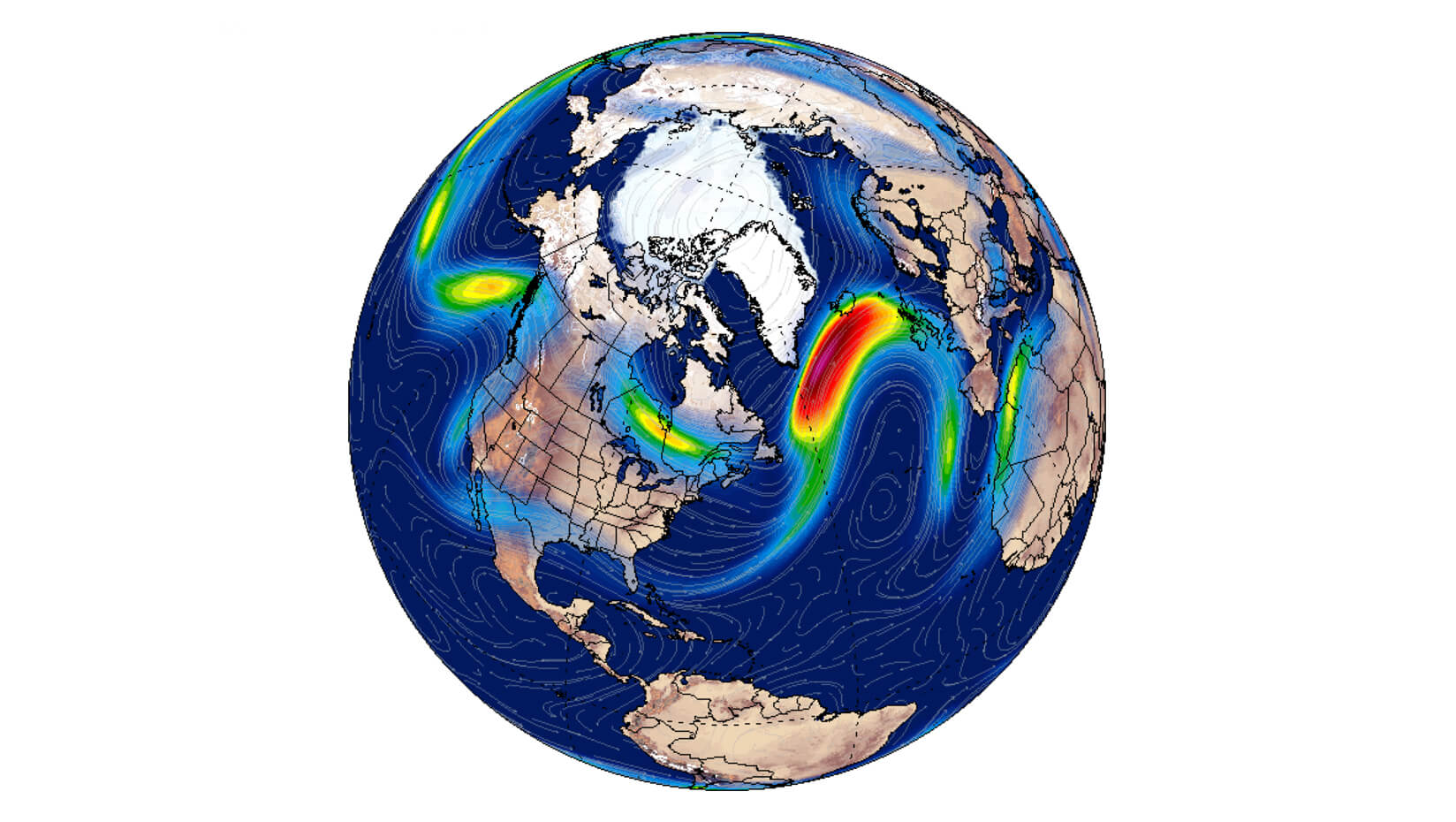Wells quoted in articles on international workshop on harmful algal blooms
Science Codex and Summit County Citizens Voice quoted Mark Wells, a marine science professor at the University of Maine, in reports on an international workshop on harmful algal blooms and climate change. The workshop was organized by the North Pacific Marine Science Organization and the Global Ecology and Oceanography of Harmful Algal Blooms and endorsed […]
Read more



